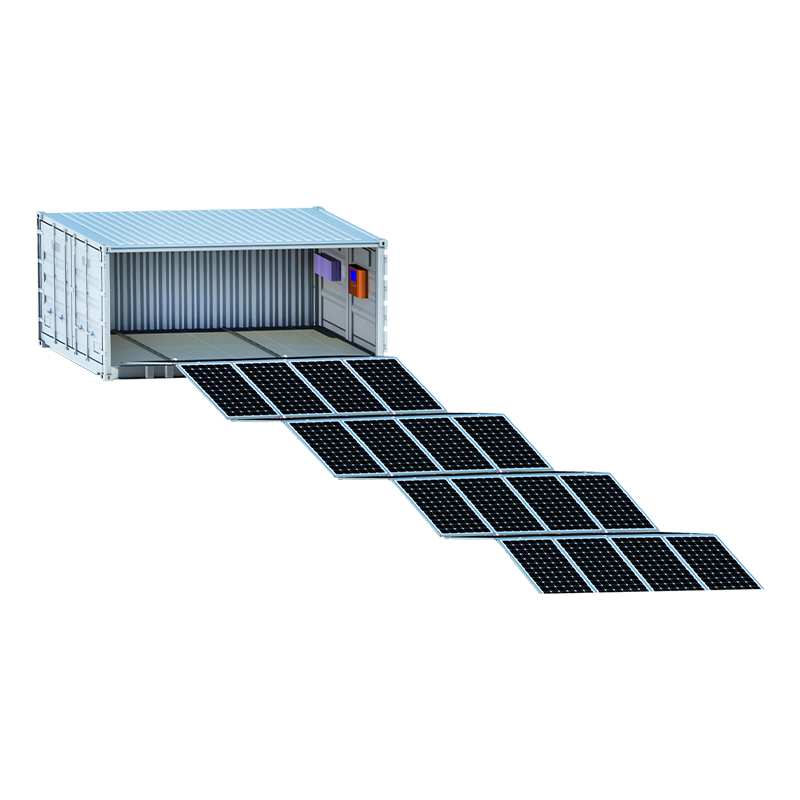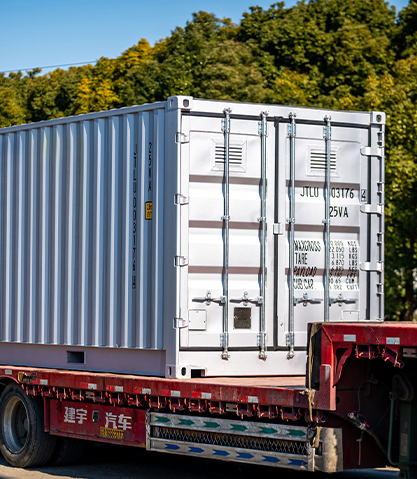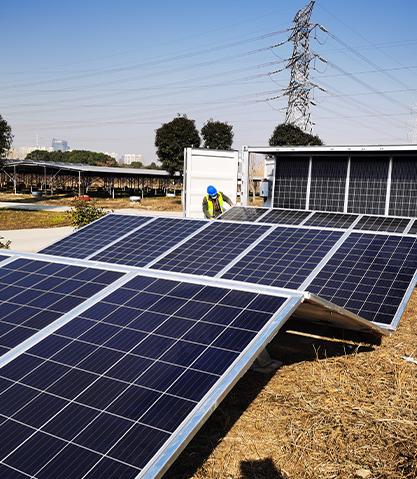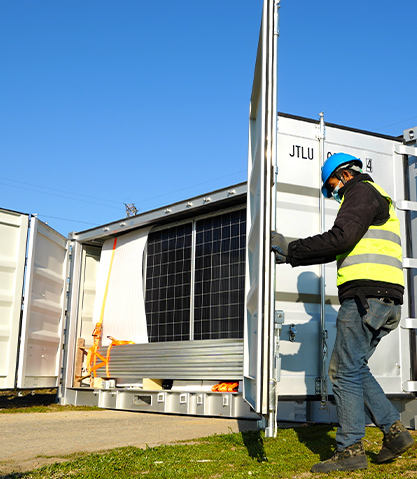Solar power boxes have become increasingly popular as portable, reliable solutions for generating and storing renewable energy. They are widely used in outdoor activities, emergency situations, remote work sites, and off-grid applications. While solar panels harness sunlight to generate electricity during the day, efficient energy storage is essential to ensure continuous power availability at night or during periods of low sunlight. Understanding how solar power boxes store and manage energy can help users maximize performance, reliability, and lifespan.
Content
- 1 1. High-Capacity Rechargeable Batteries
- 2 2. Advanced Battery Management Systems (BMS)
- 3 3. Solar Charge Controllers
- 4 4. Energy Density and Compact Design
- 5 5. Multi-Stage Energy Conversion and Inverter Systems
- 6 6. Efficient Energy Use Strategies
- 7 7. Benefits for Nighttime and Cloudy Conditions
- 8 8. Conclusion
1. High-Capacity Rechargeable Batteries
At the heart of every solar power box is a high-capacity rechargeable battery, which serves as the primary energy storage unit. These batteries store the electricity generated by solar panels during daylight hours for later use. Common types of batteries include:
- Lithium-ion batteries: Known for high energy density, long cycle life, and light weight, lithium-ion batteries are the most widely used in modern solar power boxes.
- Lithium iron phosphate (LiFePO4) batteries: Offering enhanced safety, longer lifespan, and better thermal stability, these batteries are ideal for high-performance solar power boxes.
- Lead-acid batteries: Though less common today, sealed lead-acid batteries are cost-effective for basic storage needs but have lower energy density and shorter lifespans.
By choosing the right battery type, solar power boxes can efficiently store large amounts of energy, ensuring reliable electricity supply during periods when sunlight is insufficient.
2. Advanced Battery Management Systems (BMS)
Efficient energy storage in solar power boxes is not just about the battery itself; battery management systems (BMS) play a crucial role in maintaining performance and longevity. A BMS performs the following functions:
- Monitoring charge levels: Ensures batteries are charged to optimal levels without overcharging or deep discharging.
- Balancing cells: Distributes energy evenly across all battery cells, improving efficiency and preventing degradation.
- Temperature control: Protects batteries from overheating or freezing, which can reduce capacity and lifespan.
- Safety protections: Includes overvoltage, overcurrent, and short-circuit prevention for safe and stable operation.
The BMS ensures that energy stored in the battery is used efficiently and preserved for maximum availability, even during extended periods without sunlight.
3. Solar Charge Controllers
A solar charge controller is an essential component that regulates the flow of electricity from solar panels to the battery. Without a charge controller, batteries can overcharge, reducing their efficiency and lifespan. Solar charge controllers improve energy storage efficiency through:
- Maximum Power Point Tracking (MPPT): Adjusts voltage and current to extract the maximum possible energy from the solar panels, especially in variable sunlight conditions.
- Pulse Width Modulation (PWM): Provides cost-effective regulation for smaller solar power boxes by gradually reducing charging voltage as the battery approaches full capacity.
By optimizing energy transfer from panels to batteries, charge controllers ensure that the solar power box stores as much energy as possible, even on cloudy days or during partial sunlight.

4. Energy Density and Compact Design
Modern solar power boxes are designed with high energy density batteries and compact layouts, which allow for efficient storage without taking up excessive space. Features that enhance efficiency include:
- Stacked battery cells arranged to minimize resistance and energy loss.
- Integrated circuitry to reduce energy conversion inefficiencies.
- Insulated enclosures to protect the batteries from temperature fluctuations and humidity.
These design elements maximize the energy available for use at night or during low-sunlight conditions, making solar power boxes highly portable and effective.
5. Multi-Stage Energy Conversion and Inverter Systems
To make stored energy usable for devices, solar power boxes often include inverters that convert stored DC electricity from the battery into AC power. Efficient energy storage is achieved by:
- Low-loss inverters: Minimizing energy conversion losses during DC to AC transformation.
- Adaptive power management: Prioritizing device needs and preventing unnecessary energy waste.
- Smart distribution: Allowing multiple devices to draw power simultaneously without overloading the battery.
By efficiently converting and distributing stored energy, solar power boxes ensure reliable power for electronics, lights, and appliances even when solar generation is unavailable.
6. Efficient Energy Use Strategies
Beyond hardware, energy efficiency is also enhanced through smart usage strategies:
- Scheduling device use: Running high-energy appliances during peak sunlight hours or gradually drawing power from the battery.
- Load prioritization: Allocating stored energy to essential devices first.
- Monitoring apps and displays: Allowing users to track battery levels, consumption rates, and remaining runtime.
By managing consumption intelligently, solar power boxes stretch stored energy for longer periods, ensuring usability during nights or cloudy weather.
7. Benefits for Nighttime and Cloudy Conditions
By combining high-capacity batteries, advanced BMS, solar charge controllers, efficient inverters, and smart usage strategies, solar power boxes can:
- Provide continuous power during nighttime hours.
- Maintain energy availability on overcast or rainy days.
- Reduce the risk of battery degradation and maintain long-term efficiency.
- Support multiple devices for extended off-grid or emergency use.
These advantages make solar power boxes reliable, convenient, and practical for both recreational and critical applications.
8. Conclusion
Solar power boxes store energy efficiently for use during night or cloudy conditions through a combination of advanced battery technology, intelligent management systems, optimized charge controllers, and efficient design. These systems allow energy generated during daylight hours to be preserved, converted, and distributed safely and effectively. By understanding how solar power boxes store and manage energy, users can maximize their performance, extend battery lifespan, and ensure reliable access to renewable energy whenever it’s needed.

 English
English 中文简体
中文简体 عربى
عربى



